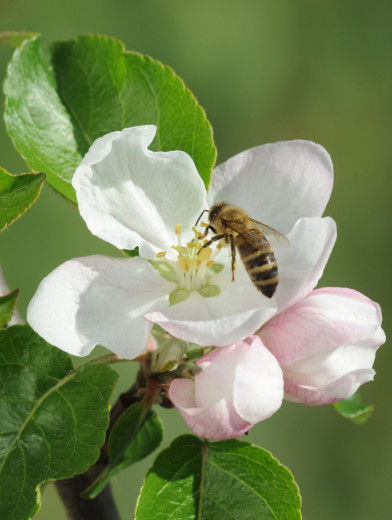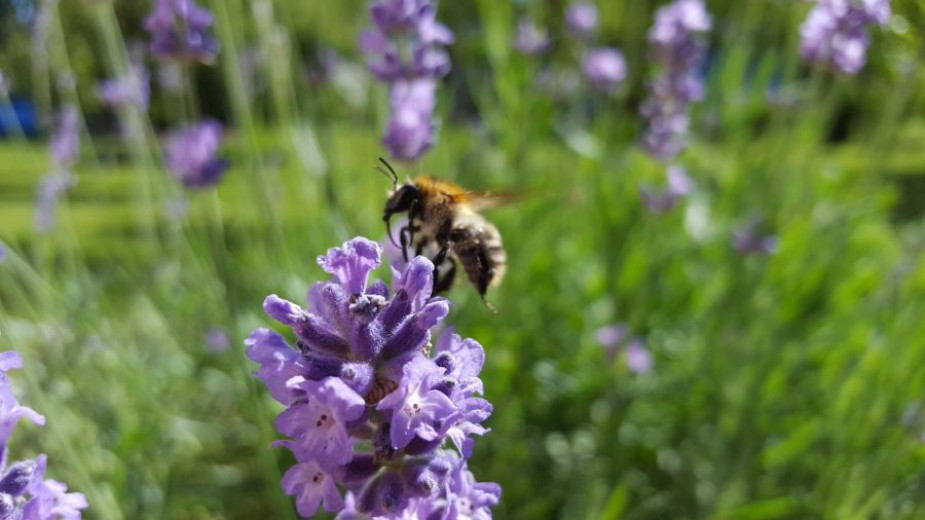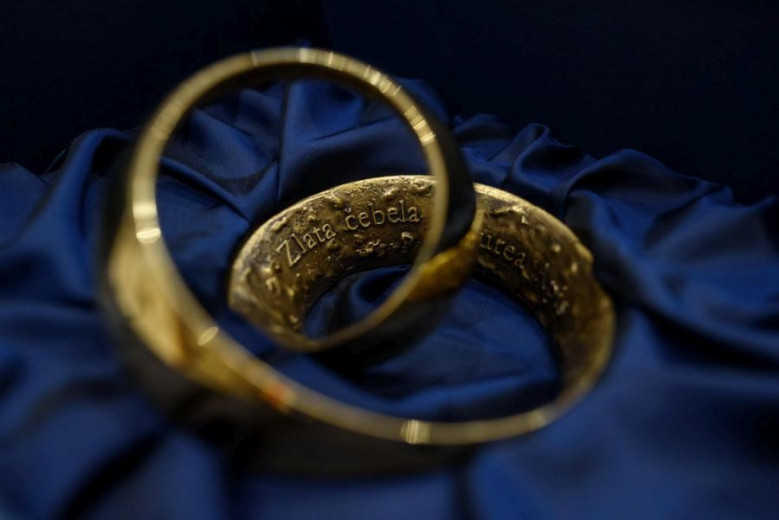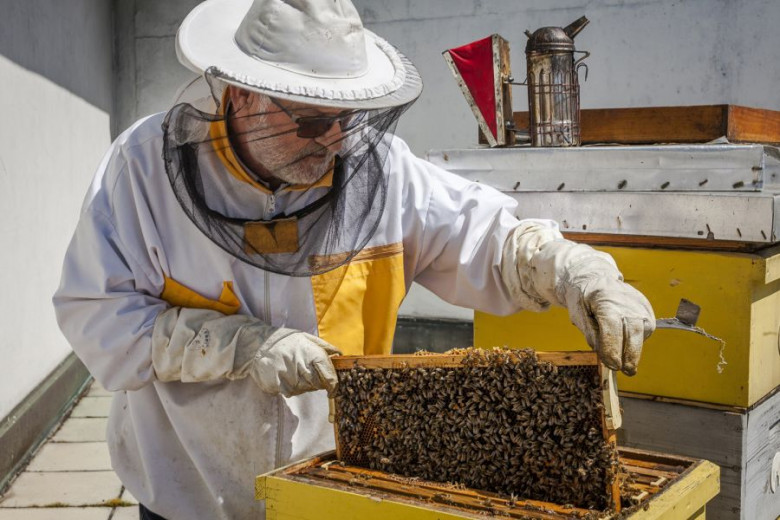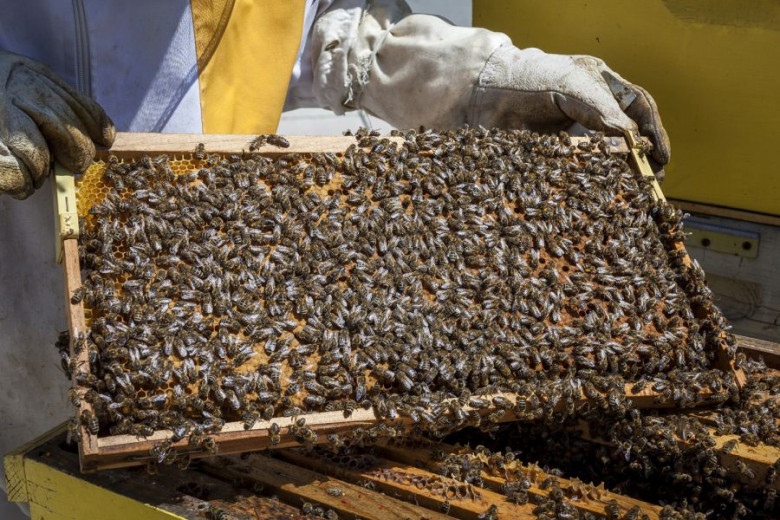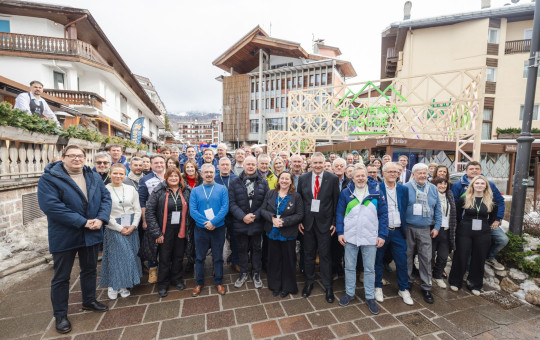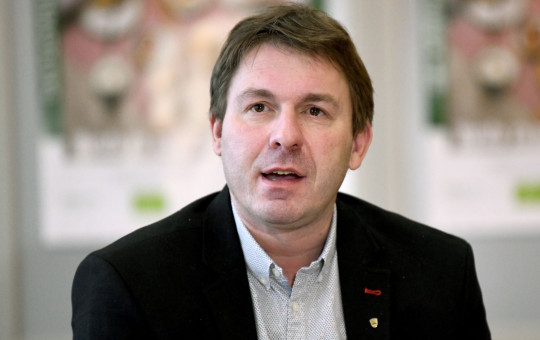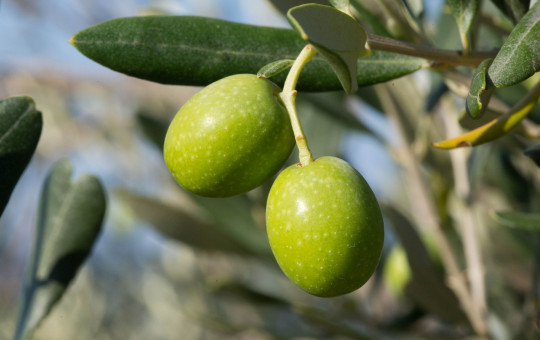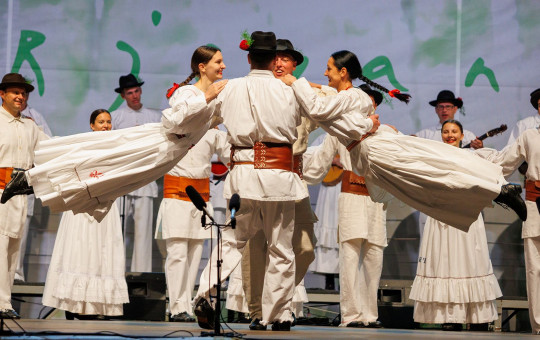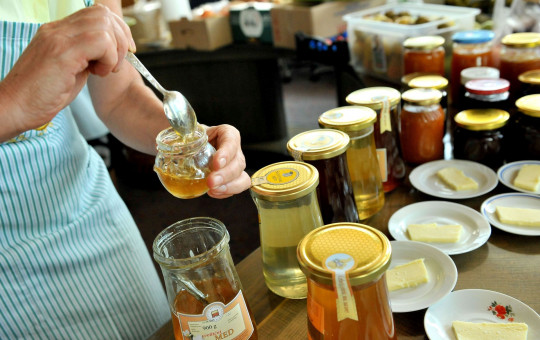Date: 19. May 2023
Time to read: 2 min
On 20 May, we celebrate, for the sixth year, the World Bee Day, which was declared by the UN General Assembly on 20 December 2017, at the initiative of Slovenia. By marking the World Bee Day, we draw attention to bees’ paramount importance for our survival on this planet.
The main purpose of World Bee Day is to raise global awareness about the importance of bees and other pollinators for humanity in light of food security and global hunger eradication, as well as concern for the environment and biodiversity.
For Slovenia, the annual celebration of World Bee Day is an important priority both at home and abroad, where it strives to promote the importance of bees and wild pollinators and calls for awareness and strengthening of activities for their conservation.
Bees need clean air, clean water and a clean environment in a broader sense. If we preserve the environment and enable the bees to survive, people will also live in a nicer and healthier environment. But most importantly, we must all become aware, once again, that the role of every individual is crucial for the preservation of bees and other pollinators.
At the national level, this year’s central occasion of marking the World Bee Day will take place on Saturday, 20 May in Celje, as part of the beekeeping festival.
The main international event will be organized by the Food and Agriculture Organization of the United Nations (FAO). The event, which will take place in a hybrid form on Friday, 19 May, entitled Bee engaged in pollinator-friendly agricultural production, will feature experts from all regions of the world who will present different methods of beekeeping and the diversity of bees and wild pollinators. This year’s topic explores the contribution of beekeepers and the role of bees and other wild pollinators in increasing food safety, improving the quality of life and ensuring ecosystem services for agriculture.
The Golden Bee Award will be awarded on 24 May in the presidential palace as part of commemorating World Bee Day.
This year’s Golden Bee Award rewards research on bees and other pollinators.
Urban beekeeping at Cankarjev dom
On 1 April 2011, Cankarjev dom was the first to install beehives on one of the roof terraces and started urban beekeeping.
The honey produced by the bees of Cankarjev dom has been analysed as excellent honey by the Reference Laboratory Bremen for a decade and has earned the Slovenian Honey with Protected Geographical Indication certificate of quality.
The annual honey production depends on the number of bee colonies and the weather conditions at the time when the plants are in full flower; the annual honey production is twenty kilograms per bee colony. This spring, there are six families of Carniolan bees in hives on the CD roof.
Beekeeping on the UNESCO list of intangible cultural heritage
The listing of beekeeping on the UNESCO Representative List of the Intangible Cultural Heritage of Humanity proves how important and recognizable Slovenian beekeeping is. Beekeeping has thus become part of a rich and diverse intangible cultural heritage that brings together all the countries in the world in respect for the achievements of past generations and inspires the creativity of modern expressions and social practices.
A big thanks goes to all the beekeepers who nurture tradition, pass their knowledge from generation to generation, and take care of the delicate ecological balance and sustainable development through their love for bees.

